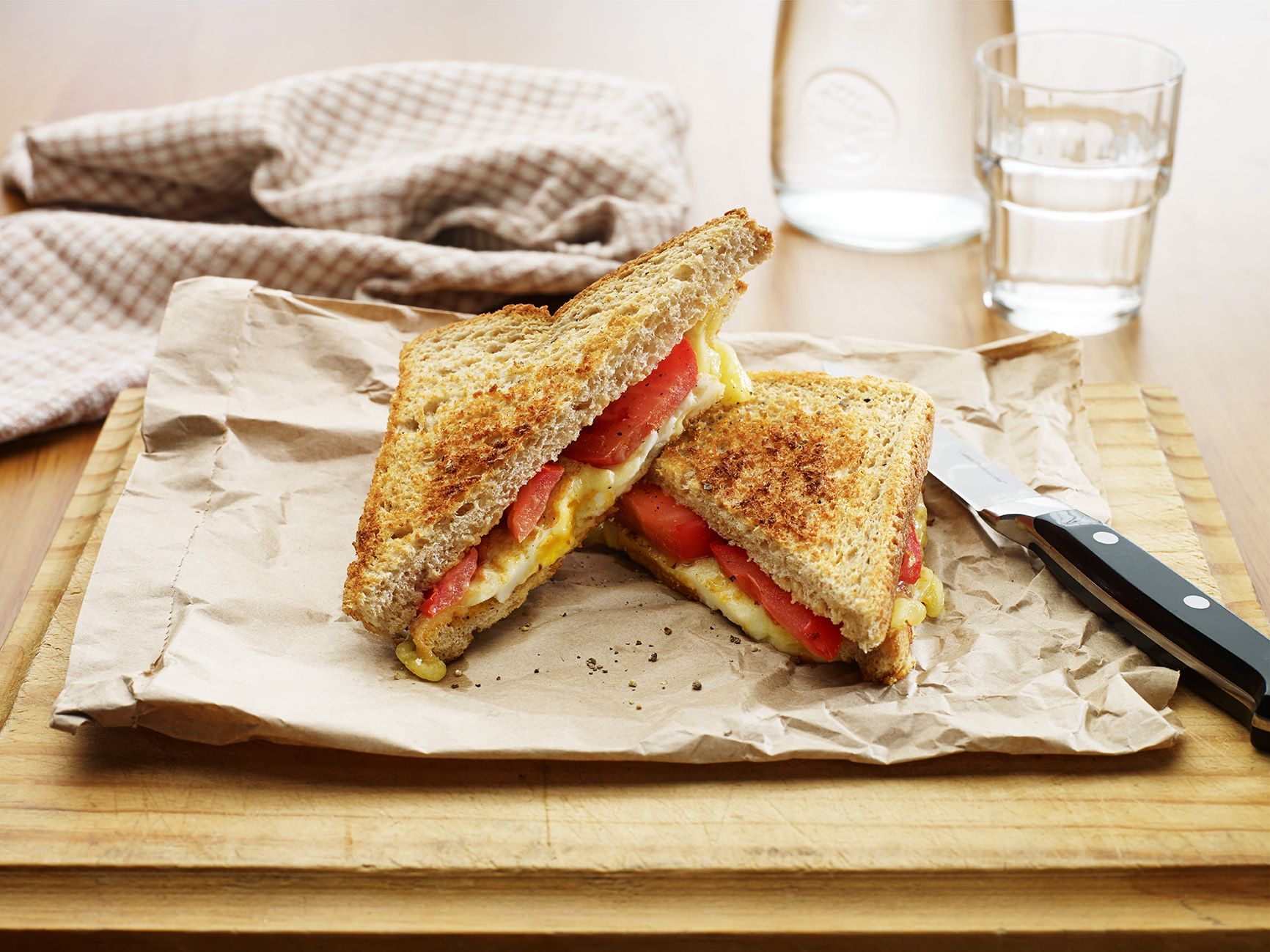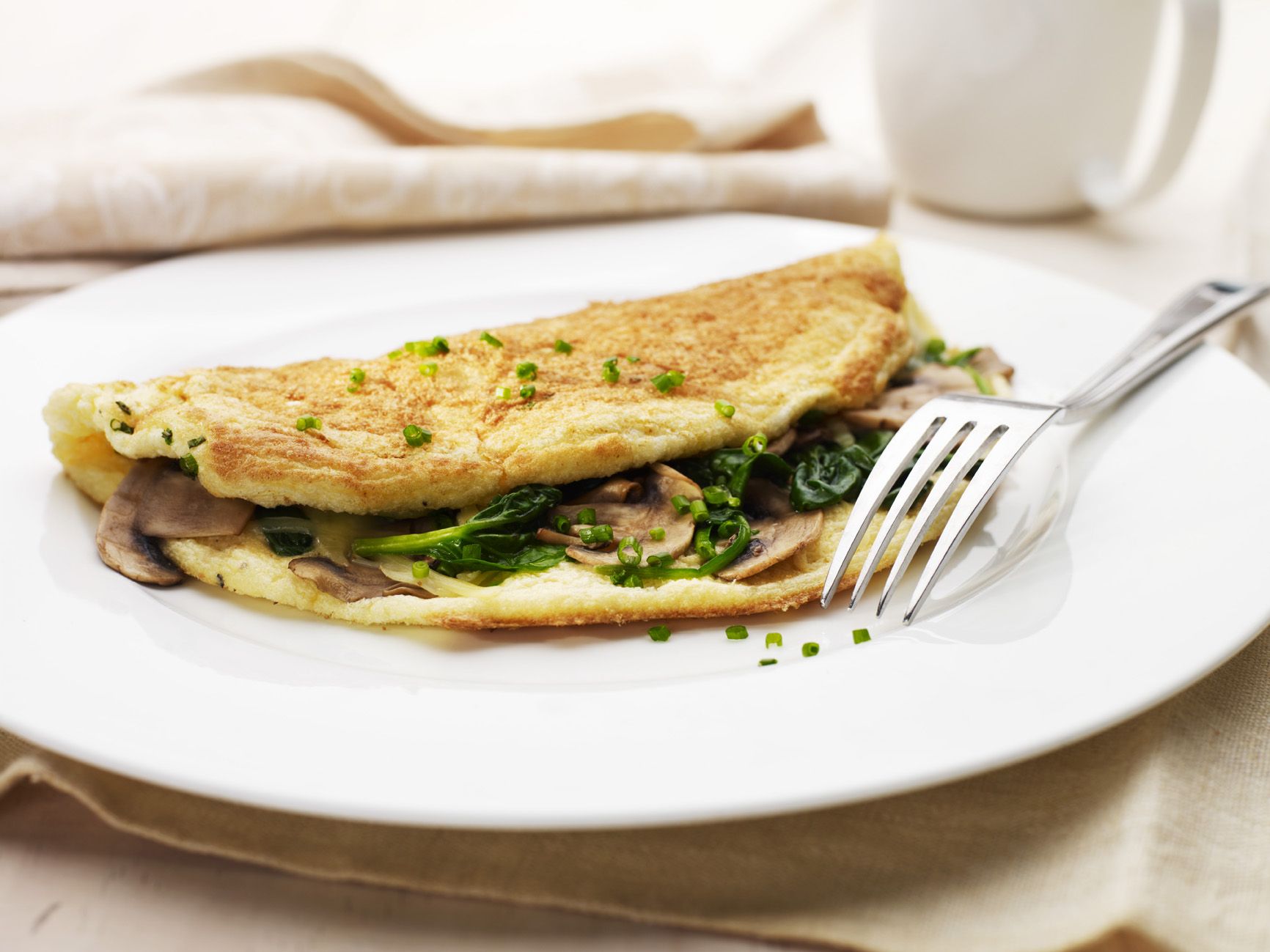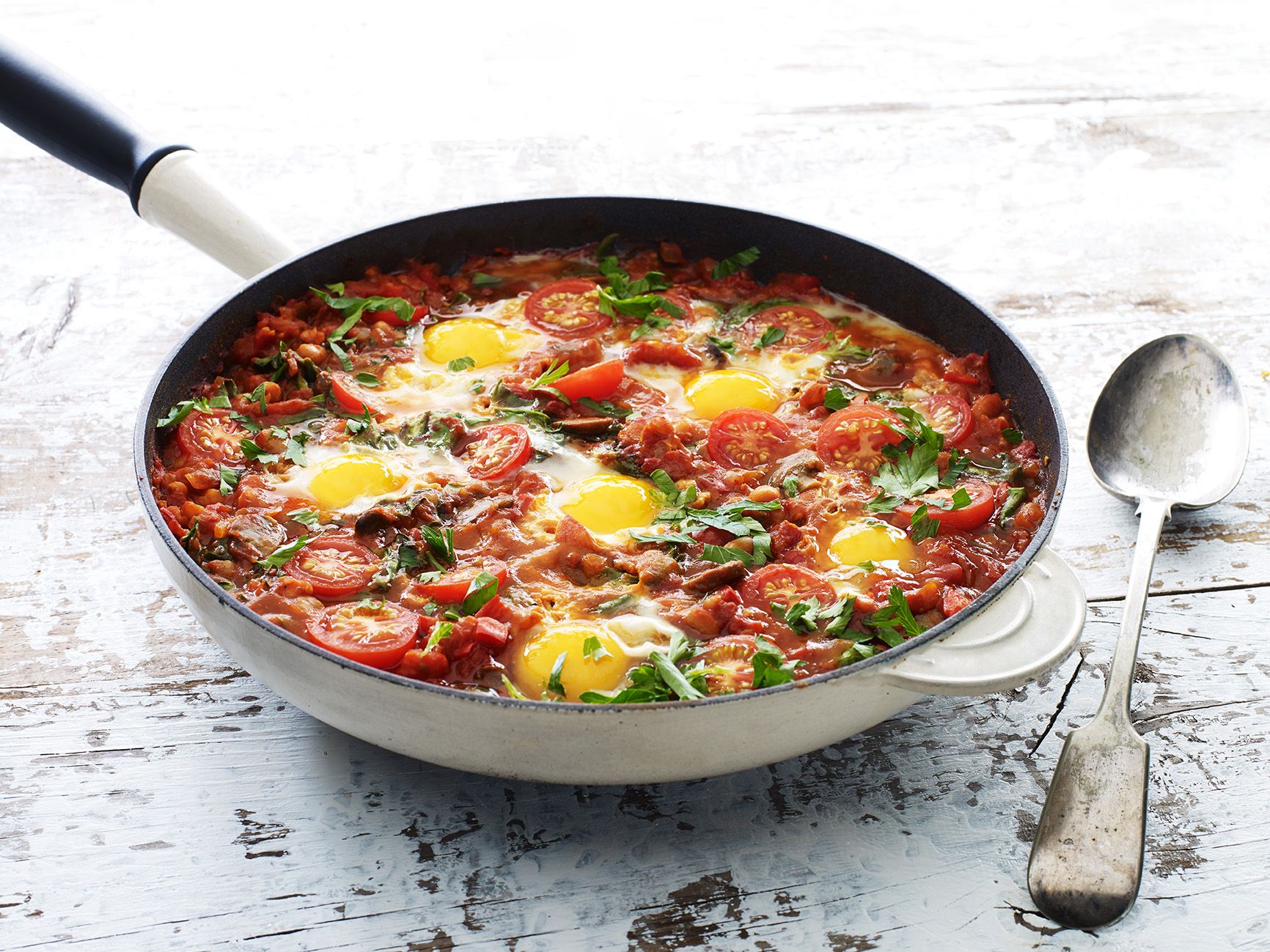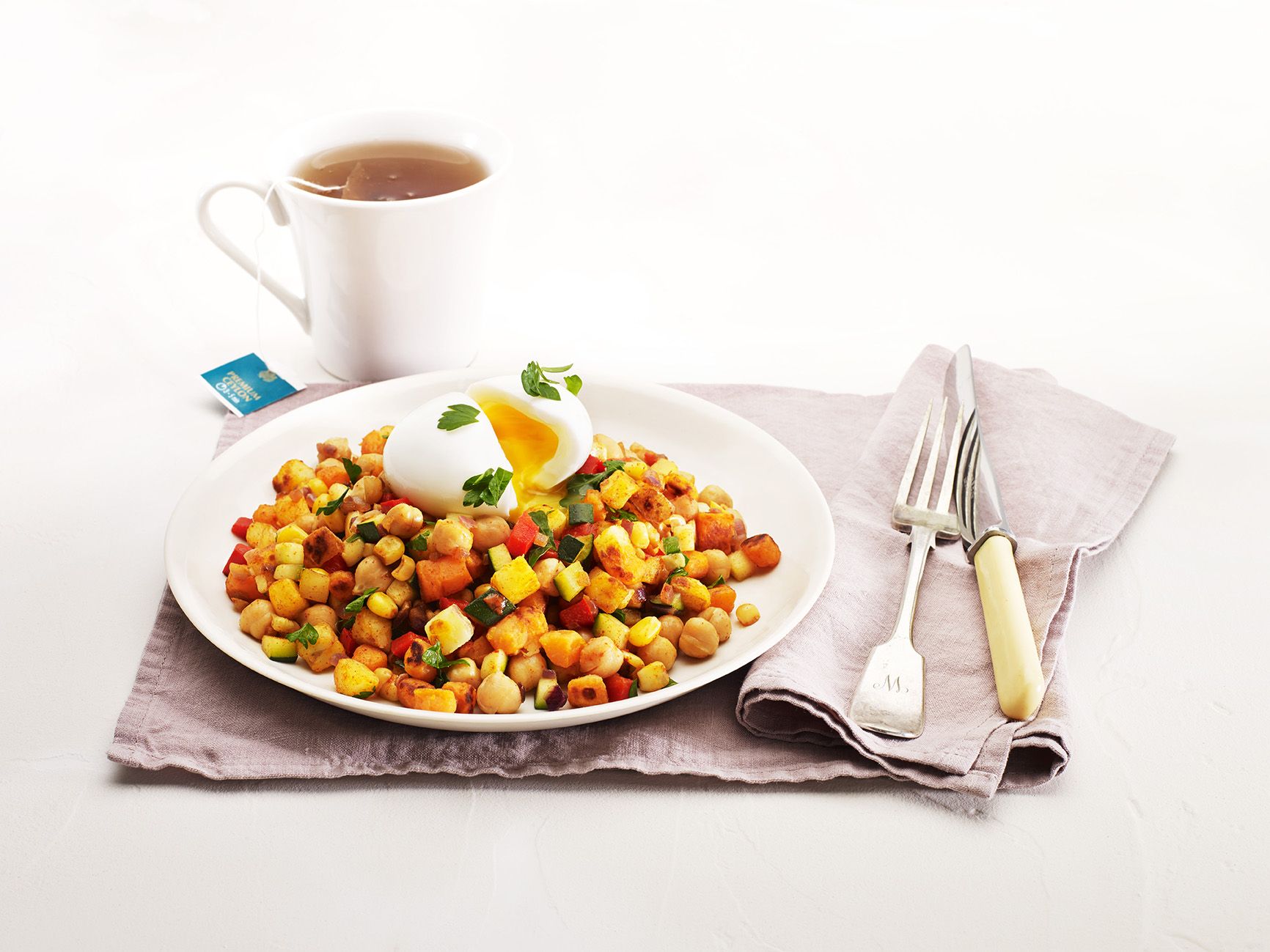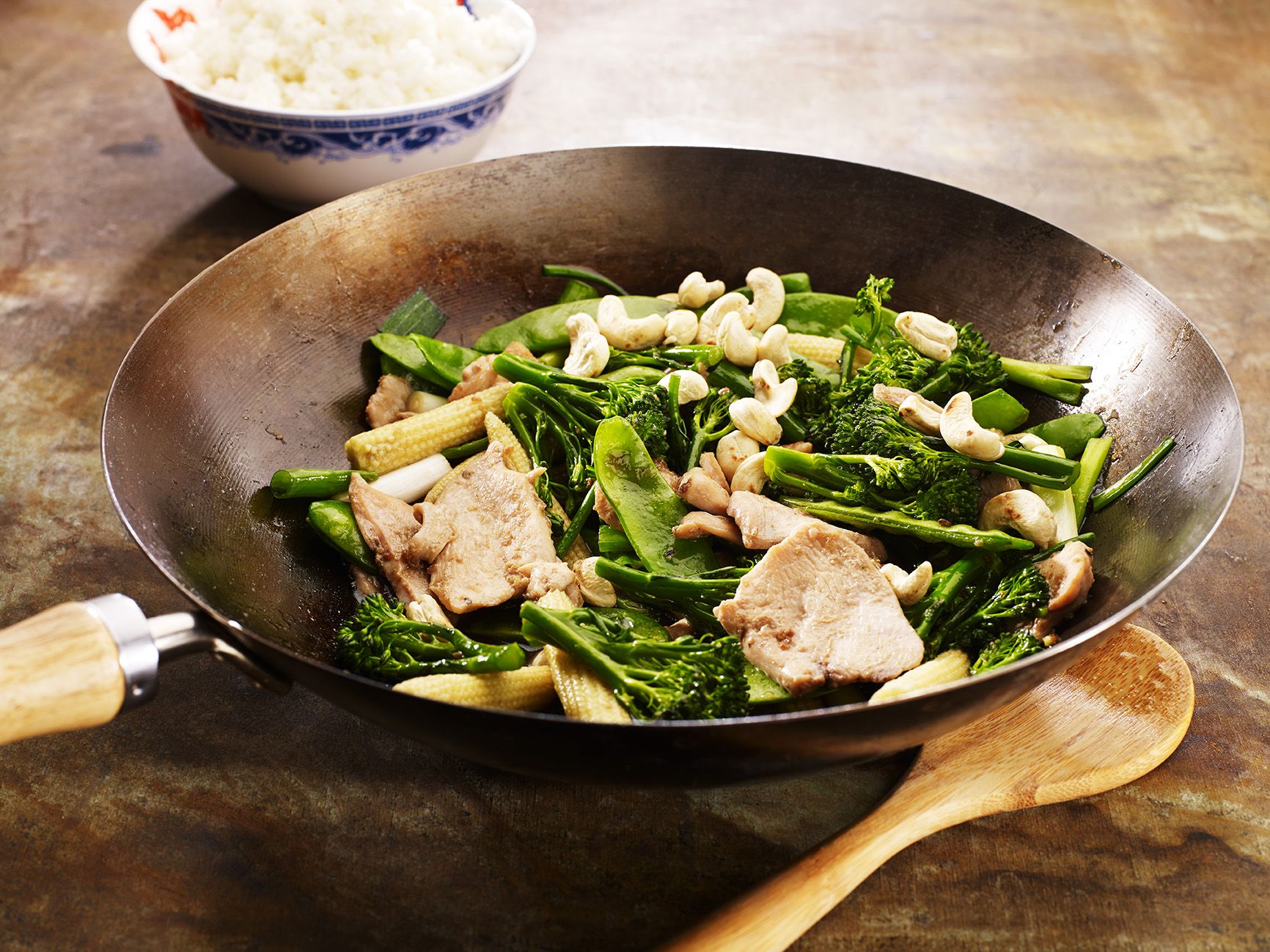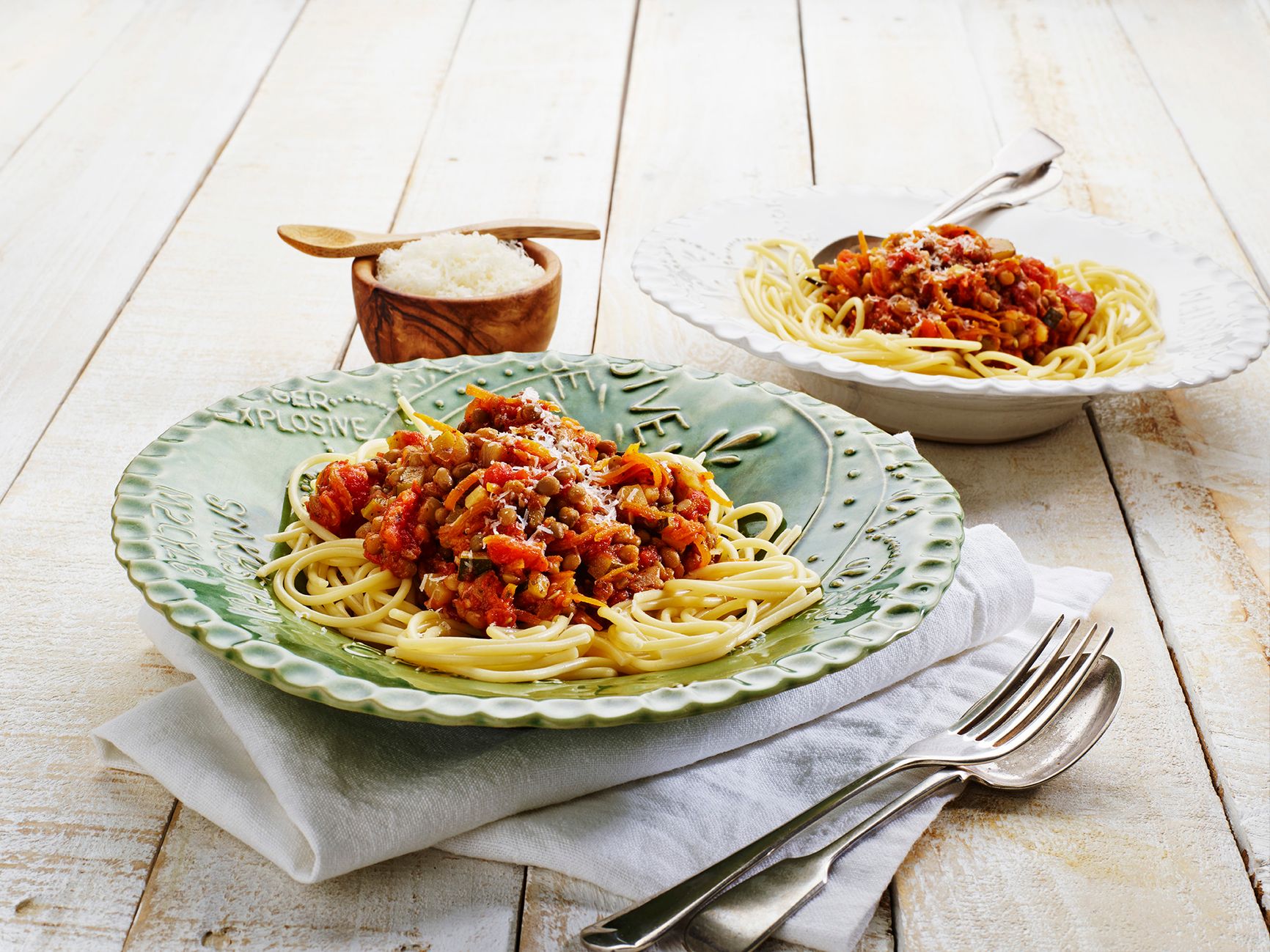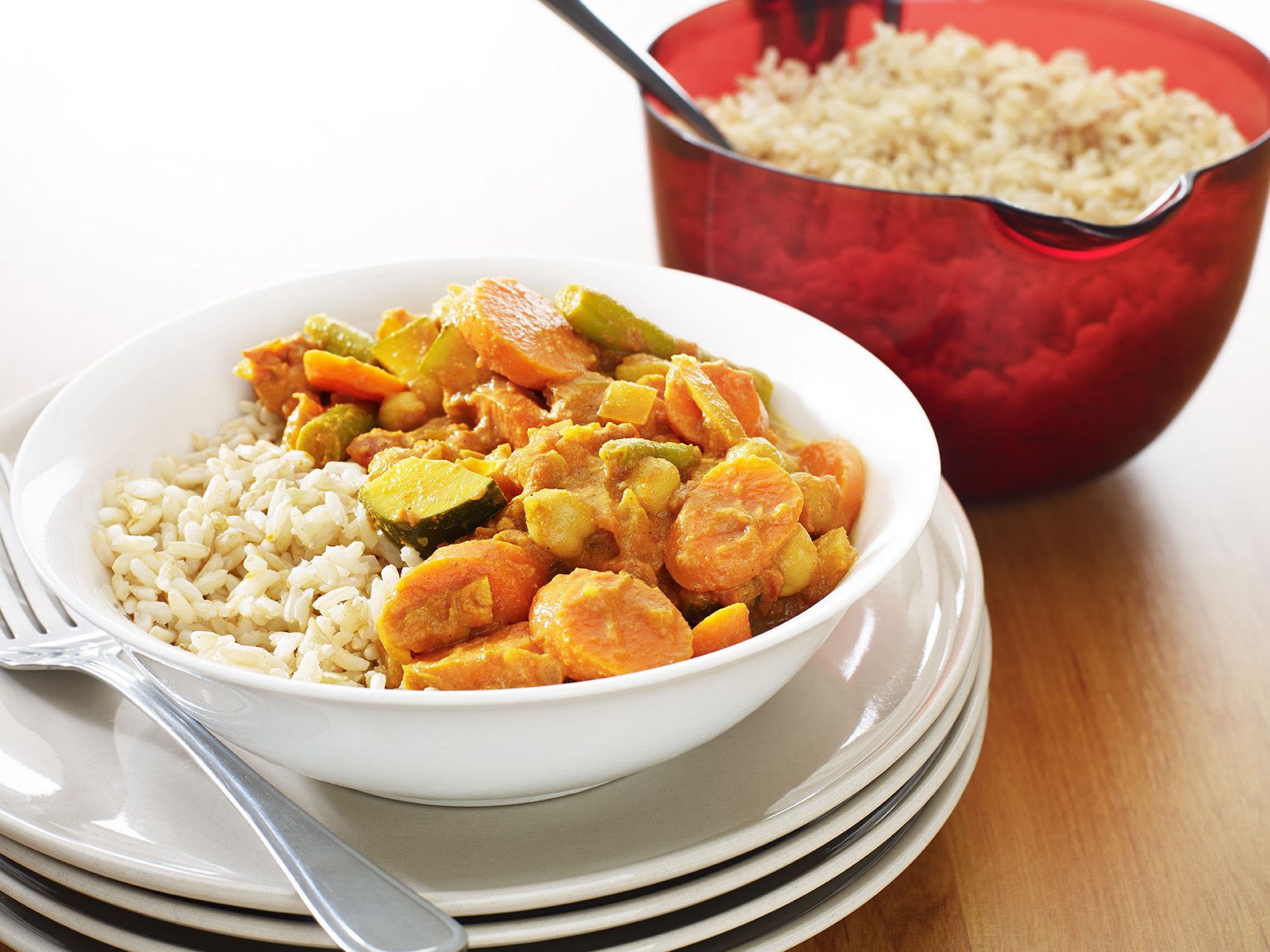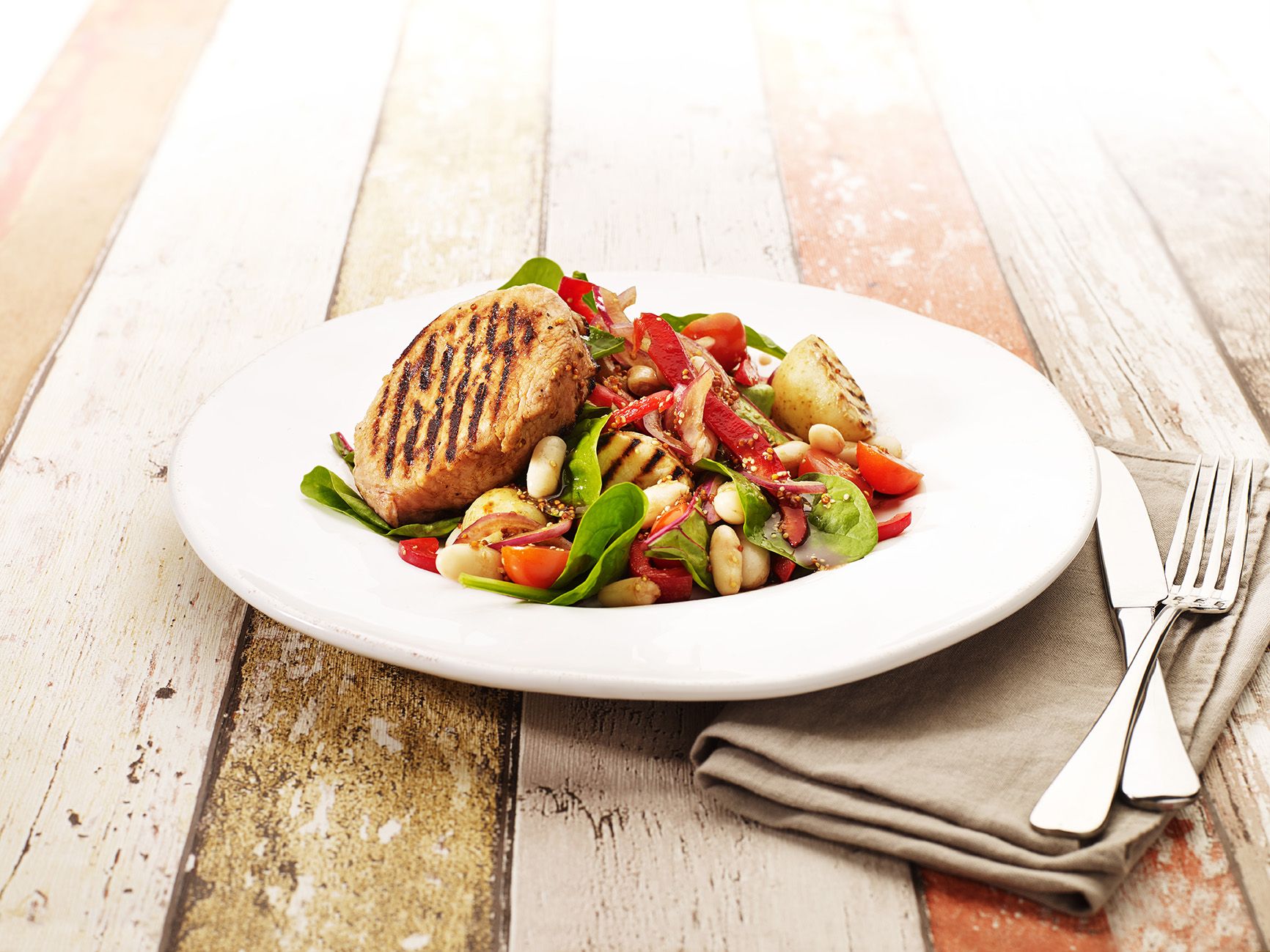Night shift nosh
by Anne Finch, Accredited Practising Dietitian for LiveLighter
- June 21, 2021
- Leave a comment

Taking care of your health when you regularly work the graveyard shift can be a challenge. Night shift messes with your sleep, metabolism and digestion. There’s also often less opportunity for good food and exercise, and plenty of fatigue.
What this means for people who have long careers doing shift work is higher rates of metabolic syndrome, cardiovascular disease and some cancers. Here are some practical tips to help you eat well and be active on shift.
Shhh, your body is sleeping
Overnight, your digestive system is less primed and ready for food. Be mindful of that, and try to eat lightly during night shift. This means eating smaller amounts at once, and side-stepping high-fat or high-protein foods (these are harder to digest).
Plan your shift meals and snacks so that you’re more likely to reach for healthy foods.
- Chips and chocolate are NOT your friends if your aim is to boost your energy levels and concentration. They don’t fill us up and only give a short-term mood boost. Choose snacks with lots of fibre and some protein or healthy fats. These will give you longer-lasting energy and a heap more nutrients to keep your mind and body sharp.
- Try splitting your lunch in two so you’re eating the same amount, but spread over two breaks. Eating “small and often” can be a bit easier on your digestive system, and you may find it helps keep your energy up over your shift.
Some nourishing snack ideas:
- Vegies and dip
- Fruit (fresh, frozen or tinned)
- Grainy crackers and cheese
- Half a cheese and salad wrap
- Dried fruit and nuts
- Soup
- Popcorn
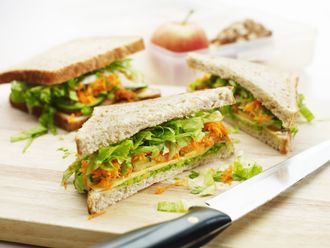
Exercise is amazing for your general health, and can also give you a quick energy boost when you’re fatigued. This energy boost is great when you want to get out and do things… but not so good when you’re trying to catch up on sleep! So plan exercise for a time when those endorphins won’t interfere with your bedtime.
Dinner at breakfast?
Make your pre-shift meal the biggest of the day. It’ll fuel you for the shift ahead, and will hopefully be at a time when your body is ready to eat (i.e. in the evening). You can go for “breakfast foods” or “dinner foods”, whatever works for you. Aim to include:
- Some vegies e.g. mushrooms, avocado and grilled tomatoes on toast
- Some protein e.g. eggs, beans, meat or fish
- Some wholegrains e.g. grainy bread, weetbix, oats, brown rice or pasta
Ease yourself into it with hearty breakfasts like these
Or totally embrace dinner-for-breakfast (less well known than breakfast-for-dinner) and try some of these favourites
Coffee: fiend or friend?

It’s tempting to use caffeine to get through a shift, but be aware of how it may affect your sleep when you’ve finished your shift. How quickly we process caffeine is very individual, and most people are aware of their caffeine limits. If you are caffeine sensitive aim to avoid coffee, tea, energy drinks, cola and chocolate in the hours before bed.
Move your body
Remember to take regular active breaks when you can. This will give you a little mood and concentration boost and help you stay limber. There’s plenty of simple neck and shoulder stretches you can do in your seat. Or, if you have a bit more time and space, try our 3 minute workouts, or something even longer!

About alcohol

Alcohol interferes with the hormones that help you get a good quality sleep. Sometimes it may feel like a ‘nightcap’ helps you feel snoozy, but it will give you a worse quality sleep overall and you won’t wake up feeling fresh.
For more information about nutrition for shift workers, check out the Shifting nutrition resource from the Queensland government.
